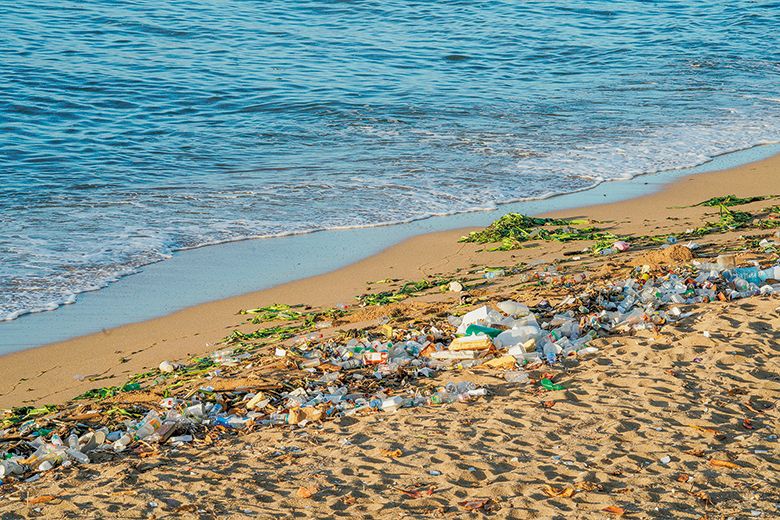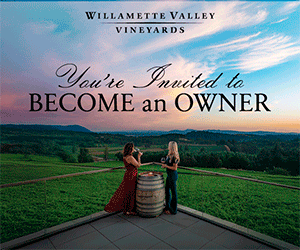Want Not, Waste Not
Examining our consumer culture

By Michele Francisco
Our capitalistic society created today’s consumer culture. Businesses make money by selling goods and services. To continue profiting, they must sell more. Unnecessary, cheaply-made, low-cost items are enticingly promoted using highly-targeted advertising tactics. New models are released. FOMO hits… and you succumb to buying the latest fashion, gadget, toy or wellness product… fill in the blank with your most recent purchase. We’re all familiar with the drill.
After surging “happy hormones” of dopamine, serotonin and endorphins dissipate, the cycle continues, becoming increasingly addictive.
I’ve thought about this often over the last four months, starting with the holiday shopping season. The pressure to purchase is deeply ingrained in our culture. It’s easier to identify when you’re removed from it. Traveling in a region where shipping services are costly and Amazon doesn’t deliver heightened my awareness about the amount of superfluous “stuff” we buy. And, where the replaced items go…
The culture in Central America is far different– centered around repairing and reusing while making ends meet. With less money, people employ creativity to keep things operating and functional. (The aphorism about making repairs with bailing wire and duct tape has some truth to it.) What’s not apparent? Excessive consumption. I continue to be both fascinated and intrigued by what I see.
As we celebrate Earth Month, why not evaluate your part in our consumer culture? As I mentioned, the goods you replace must go somewhere. In the recent Netflix documentary, “Buy Now: The Shopping Conspiracy,” that place is called “away.” Most of us assume our disposed items are recycled. Sadly, this is not the case. Instead, they usually fill a landfill, sometimes in another country.
“Away” suffers its own infrastructure issues– frequently lacking recycling programs or even basic trash removal services. Without suitable disposal methods, residents burn their garbage or toss it in nearby riverbeds. Witnessing all the Styrofoam and plastic bottles washed up on “away’s” otherwise pristine beaches is heartbreaking. It’s “paradise lost” in the truest sense.
We are blessed to live in a privileged society. So, I ask you: why create waste to begin with? Breaking free from our excessive consumption can prove beneficial to our planet. Making even small reductions in what you buy leads to less being thrown away. Please do it for Mother Earth.
Michele Francisco spent her childhood reading and writing, eventually graduating from UCLA with an English degree. She attended graphic design school and began a career in design and marketing. After moving to Oregon in 2010, Michele studied wine at Chemeketa Community College and began Winerabble, a Northwest-focused wine blog. She has been a cheerleader for Oregon wine since her arrival.










